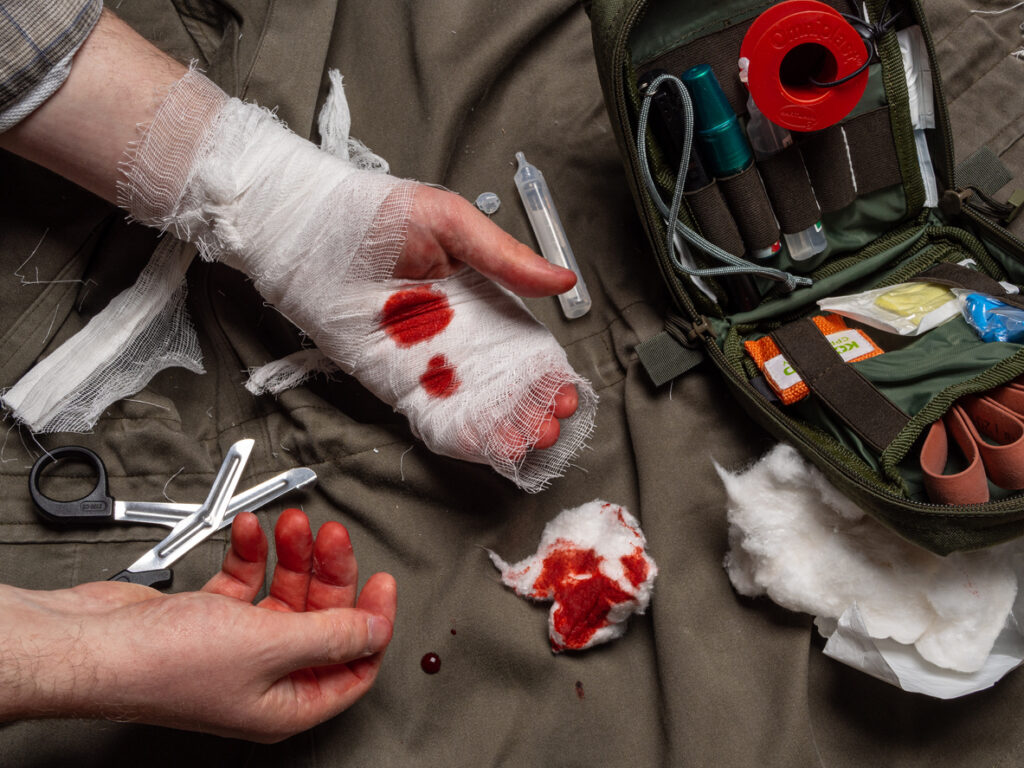New research out of the Uniformed Services University (USU) may help provide a better understanding of how the body responds to combat wounds, which could ultimately lead to better treatments.
The study appears in the March 4, 2024 issue of Scientific Reports.
The researchers examined transcriptional profiles of tissue samples from combat extremity wounds sustained by warfighters during Operation Enduring Freedom and Operation Iraqi Freedom. Wounds were classified by colonization (colonized vs. non-colonized) and outcome (healed vs. failed) status. Researchers found different patterns in how wounds heal, depending on whether they were also colonized by microbes.
Colonized/healed wounds appeared able to mount an adaptive immune response to infection and progress beyond the inflammatory stage of healing, while colonized/failed wounds did not.
Prolonged inflammation was one of the main culprits in wounds not healing correctly, and prolonged inflammation appears to prevent wounds from activating regenerative “programs” that facilitate healing. Overall, these data reveal gene expression profile differences in healing wounds that may be utilized to improve clinical treatment paradigms, the researchers conclude.
“While we have made tremendous advances in the care of combat casualties, this study allows us to ‘peer underneath the hood’ to understand the biology which drives the outcomes we observe,” says Eric Elster, professor and dean of USU’s School of Medicine, and Surgical Critical Care Initiative Director, in a news release. “Research like this forms the basis from which new treatment approaches, decision support tools, and drugs which will be developed, ensure that future warfighters receive the most advanced care possible.”


